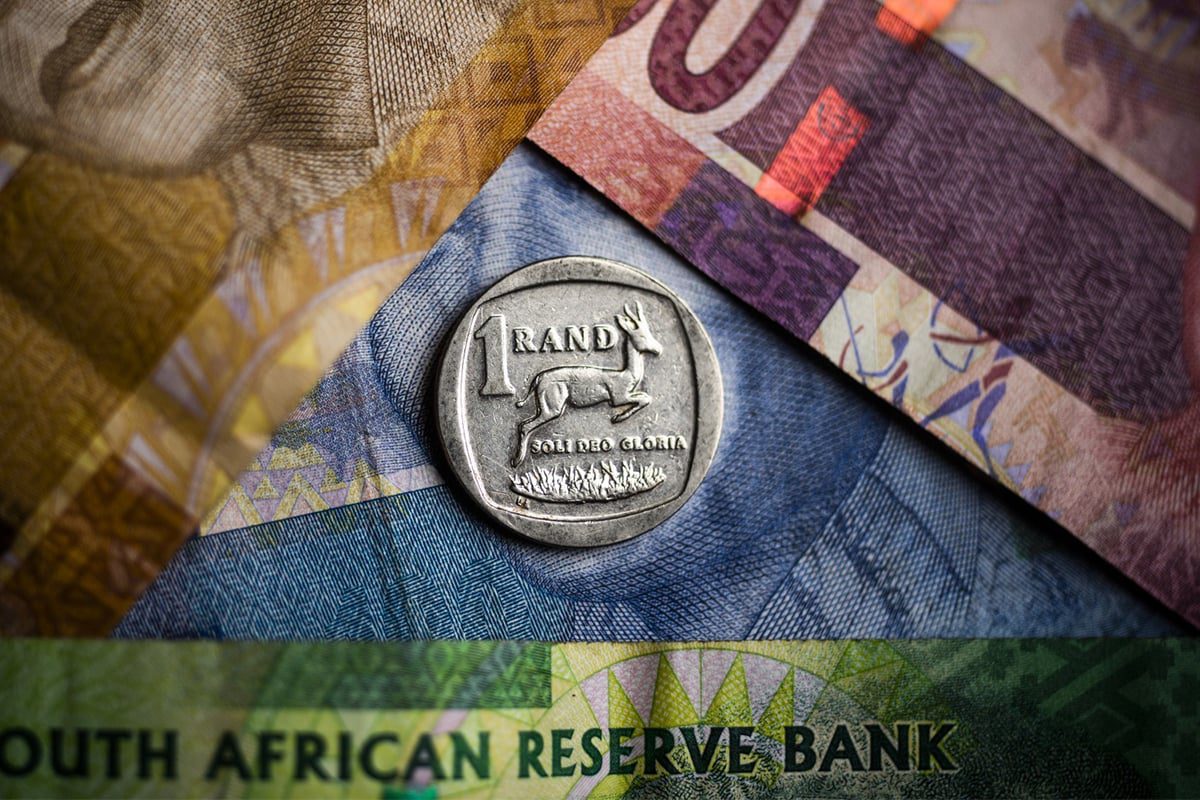Global Courant 2023-05-24 10:00:34
There is a continuing trend for African governments to increase their indirect tax base and implement more policies that are imposed on more people and businesses, says financial services firm PwC.
An indirect tax is a tax levied on goods and services, collected by intermediaries and ultimately paid by the consumer through the purchase price.
The group’s latest VAT Indirect Taxes in Africa report for 2023 detailed that in South Africa, the value added tax (VAT) imposed is a flat rate of 15%.
“VAT is levied on ‘taxable supplies’, which are supplies of goods or services by a ‘seller’ (a person registered or required to be registered as a VAT seller with SARS) in the course of or for the furtherance of a business that is exercised by the seller in whole or in part in South Africa,” said PwC.
However, VAT is not the only tax paid on certain goods.
PwC has provided a breakdown of a handful of other taxes levied on certain goods and services:
Customs duty
Customs duties are paid on imported goods into South Africa at the point of entry for domestic consumption, PwC said.
According to the group, the rate ranges from 0% to 60% of the value of the goods.
“Depending on the origin of the imported goods involved, preferential tariff treatment may be applied,” said PwC.
Excise duty
“Excise duty is payable on certain locally manufactured goods and non-essential products consumed locally with a corresponding customs duty (at the same rate) on imported goods of the same class or type,” said PwC.
Things that are subject to excise duty include:
Fuel products Tobacco products Malt beer Traditional African beer Distilled (liqueur) products Wine, Other fermented drinks Ad valorem products Environmental tax on goods
Environmental taxes
The financial services company added that an environmental tax is levied on certain locally manufactured and imported plastic carrier and shopping bags, electricity generated at a power station in South Africa, electric light bulbs and carbon dioxide (CO2) vehicle emissions.
Carbon tax
Under the Carbon Tax Act, businesses and taxpayers are subject to a carbon tax rate of R159/per tonne of carbon dioxide equivalent for the 2023 tax period.
A person who carries out an activity in South Africa that results in greenhouse gas emissions equal to and/or in excess of the prescribed thresholds, as set out in Schedule 2 of the Carbon Tax Act, will be subject to a carbon tax,
Health promotion levy on sugary drinks (sugar tax)
Since April 2018, there has been a levy on sugary drinks in an effort to reduce diabetes, obesity and other related diseases and is known as Health Promotion Levy (HPL), more commonly known as the ‘sugar tax’.
“The rate is 2.1 cents per gram of sugar content that exceeds 4.0 grams per 100 ml. The first 4.0 grams per 100 ml are exempt from the HPL,” said PwC.
The HPL considers the sugar content to be both natural and added sugars. The levy is applied to both imported and locally produced goods
Transfer obligation
PwC indicates that transfer tax is due on the transfer of real estate, unless the transfer is already taxed with VAT.
The tax is imposed on the person acquiring the property.
Since March 1, 2021, the following rates apply:
if the value of the property is less than R1.1 million: 0%. if the value of the property exceeds R1.1 million but not more than R1.5 million: 3% on the value above R1.1 million. if the value of the property exceeds R1.5 million but does not exceed R2.1 million: R12,375 + 6% of any value above R1.5 million. if the value of the property exceeds R2.1 million but does not exceed R2.7 million: R48,675 + 8% of the value above R2.1 million. if the value of the property exceeds R2.7 million but does not exceed R12.1 million: R97,075 + 11% of the value above R2.7 million. if the value of the property exceeds R12.1 million: R1.1 million + 13% of the value above R12.1 million.
Transfer tax
Securities transfer tax is levied on both listed and unlisted securities, levied at a rate of 0.25% on the taxable amount (usually the purchase price) for each securities transfer, unless a special rule applies, PwC said.
Skill development fee
Employers with an annual payroll of more than R500,000 are required to pay a skills development levy at a rate of 1% of the total remuneration paid to employees.
“This is a mandatory tax scheme for the funding of education and training,” says PwC.
sales tax
Individuals with a turnover of less than R1 million and who do not provide professional services can opt for sales tax, a simplified system that replaces VAT, income tax, provisional tax, capital gains tax and dividend tax for micro-enterprises.
General fuel levy and road accident fund levy
“The general fuel tax and the road accident fund levy are due on the sale of petrol and diesel. No VAT is due on goods subject to fuel tax,’ according to PwC.
Departure tax for airline passengers
The financial services company added that passengers departing to Botswana, Lesotho, Namibia and Eswatini will pay a departure tax of R100 per passenger, while passengers departing to other international destinations will pay R190 per passenger.
Read: South Africans warned to get ready to tighten their belts




